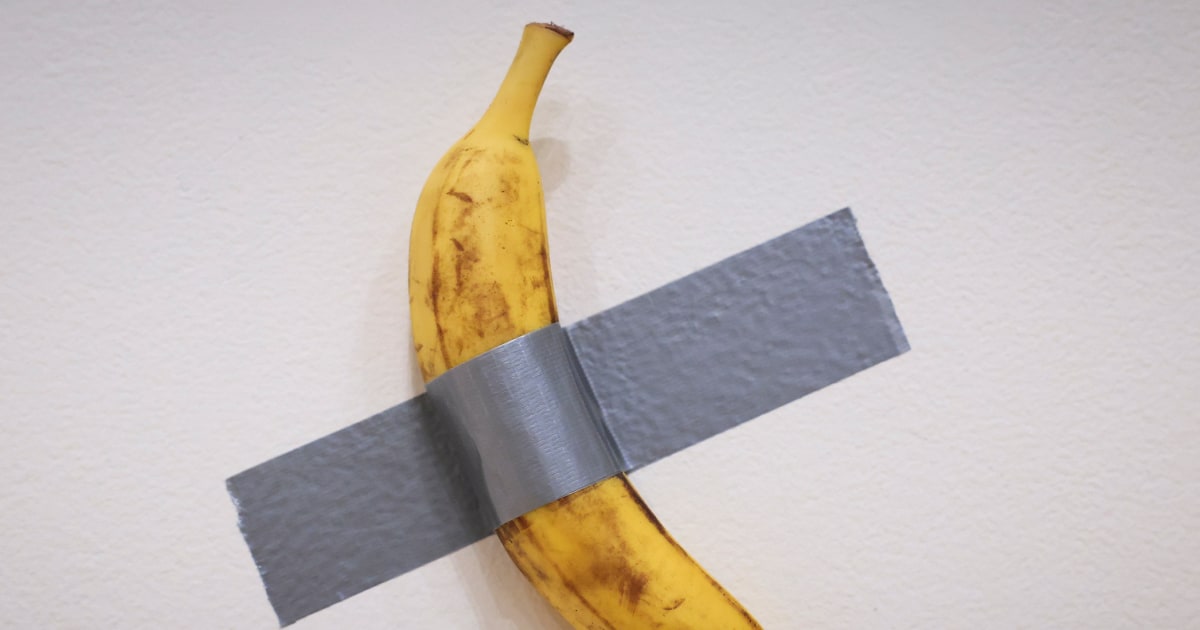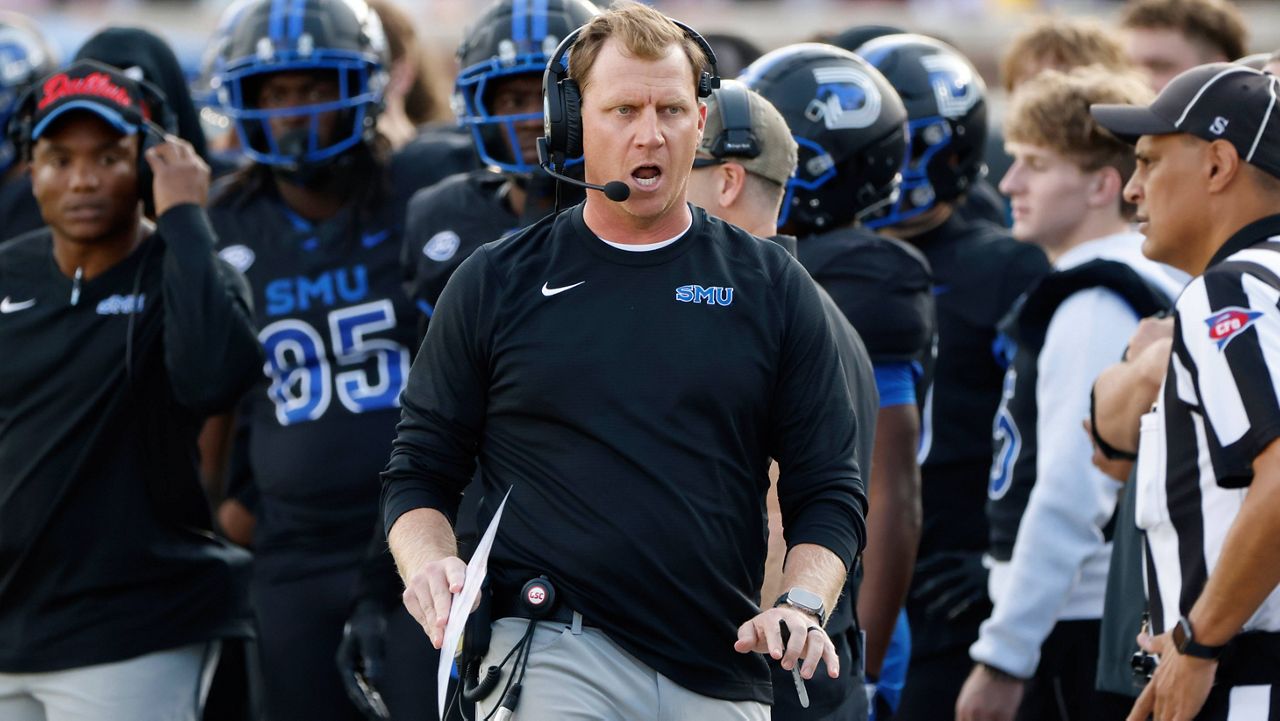Sports
Opinion: Women’s sports are on the ballot in this election, too

Abortion rights and threats to democracy topics at Women’s March in DC
Just days before the U.S. election, thousands of women march to the White House in Washington, D.C.
The last few years have given us a glimpse of what could be the norm: Packed arenas and blockbuster TV ratings for women’s games while investors and sponsors clamor for a piece of the action and women’s sports have a regular place in our conversations and consciousness.
The results of Tuesday’s election could erase all that, dragging us backward just when women’s sports are finally gaining traction. The protections of Title IX, both against sexual violence and for athletic opportunities, would be at risk if Donald Trump is re-elected. So, too, reproductive rights in blue states. Even the way women are viewed and treated would shift dramatically if the raging misogynist returns to the White House.
If you don’t connect all those dots and realize the continued growth of women’s sports are on the ballot, along with all the positive outcomes they produce, then you haven’t been paying attention.
“A Trump administration … would have disastrous effects on athletes’ rights,” said Anna Goorevich, a research assistant at the Tucker Center for Research on Girls and Women in Sport.
By now, the benefits of girls and women playing sports are well established. Girls and young women who play sports do better in school. Have lower rates of drug and alcohol use. Are less likely to be sexually active. Are more confident and have better self-esteem. The lessons girls learn playing sports — teamwork, leadership, dedication, resilience — carry over into adulthood, with Ernst & Young finding that 94% of women at the C-suite level played sports.
Seeing strong, confident and capable female athletes is good for boys and young men, too, disabusing them of the notion that girls and women are somehow “less than.”
Yet even now, some 50 years after the passage of Title IX, women athletes still have to fight for what they deserve. The majority of schools don’t provide their women’s teams with equitable resources, scholarships or opportunities, and enforcement of Title IX is a joke. When athletes do sue, some judges set the legal burden so high it’s insurmountable.
Just last week, a federal judge sided with the University of Kentucky in a case brought by women who said the school was violating Title IX by refusing to elevate the club equestrian team to varsity status. The judge agreed that Kentucky was not providing enough athletic opportunities for its female students. She also agreed there was a demonstrated interest in a varsity equestrian team.
Yet the judge, appointed by George W. Bush, still gave Kentucky a pass, saying the student athletes couldn’t show they had a varsity-level team ready right then and there. You might as well tell the students they needed to have a real-live unicorn as their mascot, too, for the likelihood any school is going to already have a full complement of varsity athletes, just waiting for a team to be created.
The ruling, in the Eastern District of Kentucky, doesn’t establish a legal precedent, but you could see how other conservative judges could adopt a similar line of thinking. Or find other ways to undermine Title IX.
“The onus was placed on the athletes themselves, to basically develop themselves into a varsity team with no support at all,” Goorevich said. “(Title IX) is supposed to encourage investment and development of women’s sports” by schools.
That’s really the least of the concerns, however.
The gains made by women athletes were possible only because they had bodily autonomy. Without it, an athletic scholarship is worthless to the young woman who finds herself pregnant unexpectedly or as the result of rape or incest. A professional athlete who plans her training, nutrition, sleep and competitions with the most painstaking detail is left powerless, or worse, if she cannot get proper medical care for a miscarriage or ectopic pregnancy. The already small window of an Olympic athlete’s career can close completely if she is not allowed to decide for herself when she wants to have a family.
But Trump and MAGA Republicans are obsessed with policing women’s bodies, be it stripping women of abortion care, tracking their menstrual cycles or demonizing transgender women. We’ve already seen the harm the first Trump administration did to women. No one should be foolish enough to think it won’t get worse in a second.
“The most dangerous thing any of us can do is have a lack of imagination. If you can imagine something happening, like a rollback of Roe vs. Wade, … they’re already thinking about it. They’re already planning it. It’s on the menu,” said Michelle Kinney, co-founder of The Seneca Project, a bipartisan superPAC dedicated to protecting women’s rights and access to healthcare by galvanizing support for Kamala Harris.
“Whether you like it or not, it’s coming for you. So here is your opportunity to stand up, to do the right thing and to make a choice,” Kinney continued. “Do you want to choose a more equitable future for your daughters, your wives, your sisters? Or do you want to set us back a century? That’s up to us.”
It is not a coincidence that sports was at the center of one of The Seneca Project’s most powerful ads, We Must Win, and that prominent athletes including Billie Jean King, Megan Rapinoe and Simone Biles were featured in another, American Girl. Sports has been our gateway to progress, giving us access to education and providing us with the skills we needed for advancement. For equality. For respect.
But in Trump’s worldview, women need “protecting.” Which means anything that gives us agency will be under siege if he’s re-elected, sports and the ability to play them included.
“People might say, ‘I don’t care about politics.’ Well, politics cares about you and it will affect you,” Kinney said. “It will affect you, it will affect your family and it will affect your kids, your daughter specifically.
“Anyone who thinks MAGA is not coming for women’s athletics,” she added, “is naïve.”
Women’s sports have never been more popular, never mattered more, and there’s still so much more room for growth. Don’t vote to take us backward.
Follow USA TODAY Sports columnist Nancy Armour on social media @nrarmour.








